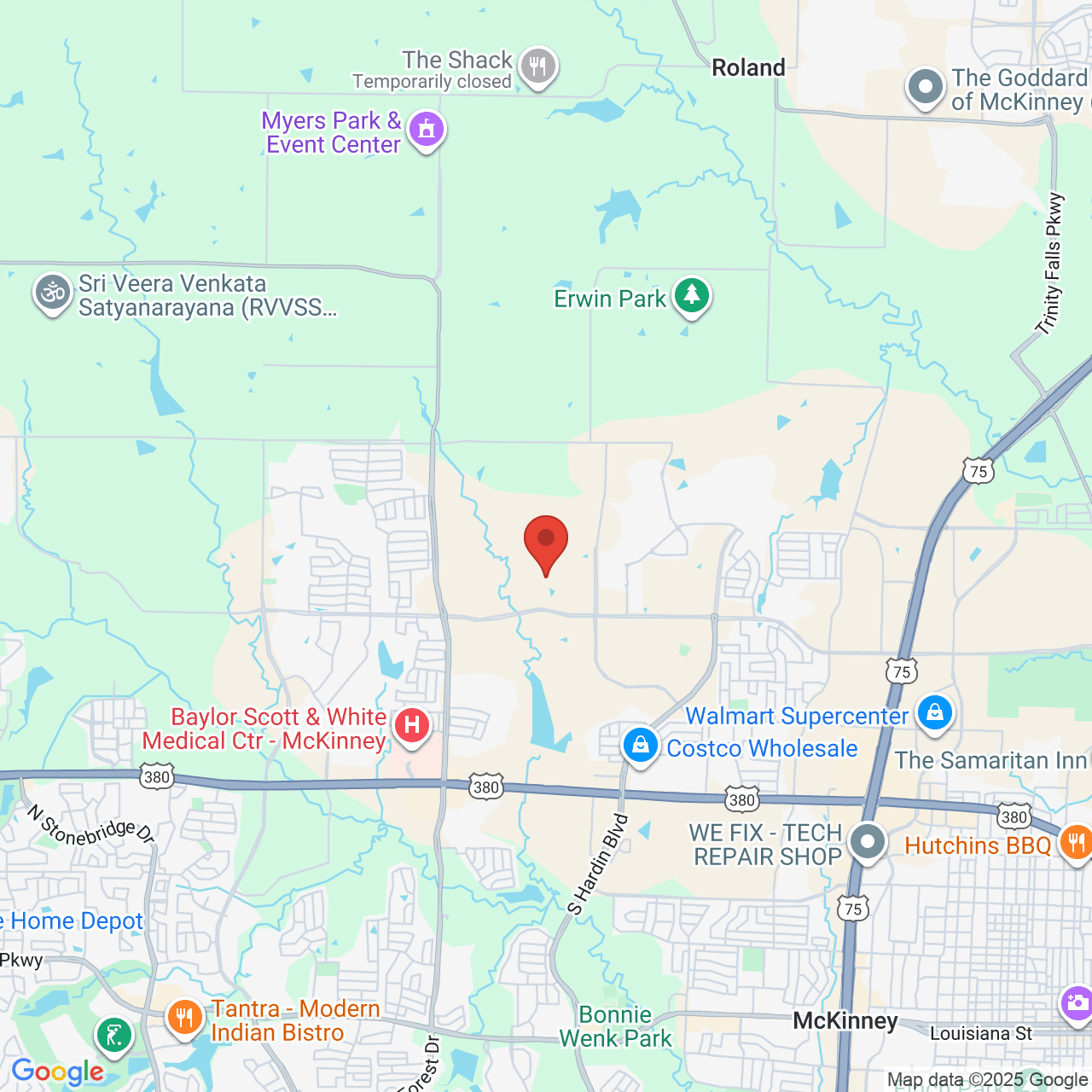
Disability Discrimination Attorney
What Is Disability Discrimination?
- Issues of disability discrimination and workplace discrimination of any kind can cause serious emotional and financial consequences. Both the state of Texas and federal employment law prohibits employers from violating employee rights and from disability discrimination.
- If you have dealt with disability discrimination or Family and Medical Leave Act violation, our attorney may be able to help you seek compensation for the harm the discrimination in the workplace has caused you.
- Contact Mr. Atkerson for a consultation at his labor attorney office in Allen, TX, a small northern suburb of Dallas.
Federal Law Prohibits These Kinds of Disability Discrimination
Verbal Harassment
Denying Job Training
Failure to Promote
Failure to Hire
Denying Raises
Wrongful Termination/Lay Off
Refusal to Provide Special Accommodations (Wheelchair ramp, etc.)
Over 35 Years of Success
If you feel that you or a family member has been a victim of disability discrimination, you may be entitled to compensation. Mr. Atkerson has been a disability discrimination attorney for more than 35 years, and he has helped many clients successfully negotiate with employers. He has also won fair compensation for many of his unfairly treated clients, some of whom worked for powerful Fortune 500 companies.
Are You a Victim of Disability Discrimination? Schedule a Consultation Today
As your attorney, Mr. Atkerson will listen to your individual case with a friendly, sympathetic ear. He is the kind of disability discrimination lawyer who will treat you like a person, not just another client, and will never rush you off a phone call or out of a meeting at our Dallas-area law firm.
Do you need Mr. Atkerson's personalized attorney services? Contact him for a consultation at our Allen, TX, law firm using our online form or by calling us anytime.

5-Star Reviews from Satisfied Clients "...His Help Was a Remedy for Me."
Really nice attorney, although he couldn’t assist me. He provided an attorney for my situation, that was very kind of him to do! Ty again for taking a moment to help me :).
View on GoogleIf I could give 10 stars I would. Dan is smart, swift, attentive, and aggressive! He is competent and extremely knowledgeable. He listens to his clients and fights hard to win!! I highly recommend him.
View on GoogleThe Law Offices of Dan A. Atkerson is located in Allen, TX, just west of the Allen Premium Outlets, between Sam Rayburn Tollway (149) and North Central Expressway (75).
Can I Afford a Lawyer?
Yes, you can. Mr. Atkerson is the kind of lawyer who works on a contingency basis, so you never have to pay him directly. Meaning, if our Dallas-area law firm does not win you a financial settlement, he does not collect any lawyer fees out of that settlement. Bringing your case to successful close is not only in your best interest, but in his as well.
What Conditions are Considered Disabilities?
According to the Americans with Disabilities Act, any condition that interferes with a person's major life activities, such as walking, seeing, normal bodily functions, etc., can be considered a disability:
- Blindness or vision impairment
- Cancer
- Chronic Fatigue Syndrome
- Crohn’s Disease
- Wheelchair Confinement
- Deafness
- Depression
- Diabetes or chronic diseases
- Fibromyalgia
- Graves’ Disease
- Learning disability
- Limited mobility
- Migraines
- Multiple sclerosis
- Mental illness
- Restrictions on lifting
- Rheumatoid arthritis
- Sleep apnea
EMPLOYMENT DISCRIMINATION
It must be noted, however, that not all employers in North Texas are required to abide by the Americans with Disability Act (ADA) or FMLA laws. Contact us for more information.
ARE YOU A WORKER WITH A DISABILITY?
Retain Lawyer Dan A. Atkerson to be your advocate.

More 5-Star Testimonials on Behalf of Mr. Atkerson
Dan was professional and efficient. He responded to my many questions in a timely manner and advised me well. We were able to mediate my settlement for the exact amount I desired. I would definitely use Dan again.
View on GoogleI have nothing but the best experience working with Dan. A top notch and knowledgeable lawyer, very responsive whenever I have any questions. I would totally recommend Dan for anyone that's looking for an employment attorney.
View on GoogleThe Americans with Disabilities Act
Congress passed the ADA in 1990. It defines a person with a disability as an individual who has a physical or mental impairment that substantially limits one or more major life activities, who has a record of such impairment, or who is regarded as having such an impairment.
Under federal and Texas state employment laws, disability discrimination extends to both employees with disabilities and those treated differently because of a known association with an individual with a disability. This must be enforced if the employer meets the following guidelines:
- Has 15 or more employees
- Is an employment agency, labor organization, or state and local government employer
A consultation with lawyer Dan Atkerson at his Allen, TX, law firm can help employees understand whether their employer’s actions cross the line into disability discrimination and ADA violations of their employee rights.
Disabled Employees Have Rights

Federal disability law specifically prohibits disability discrimination in the hiring, firing, advancement, compensation, job training and other employment decisions.
Employers Responsibility: Providing Reasonable Accommodations
Employers should fulfill most reasonable disability accommodations to modify or adjust job duties or work environments to allow workers to perform their essential job duties. However, the employer may not be required to make these reasonable disability employment accommodations if the employer can prove that doing so would then cause undue hardship to the business.
The ADA requires an employer to make reasonable accommodation for a qualified worker with a disability in three ways:
The ADA requires an employer to make reasonable accommodation for a qualified worker with a disability in three ways,



